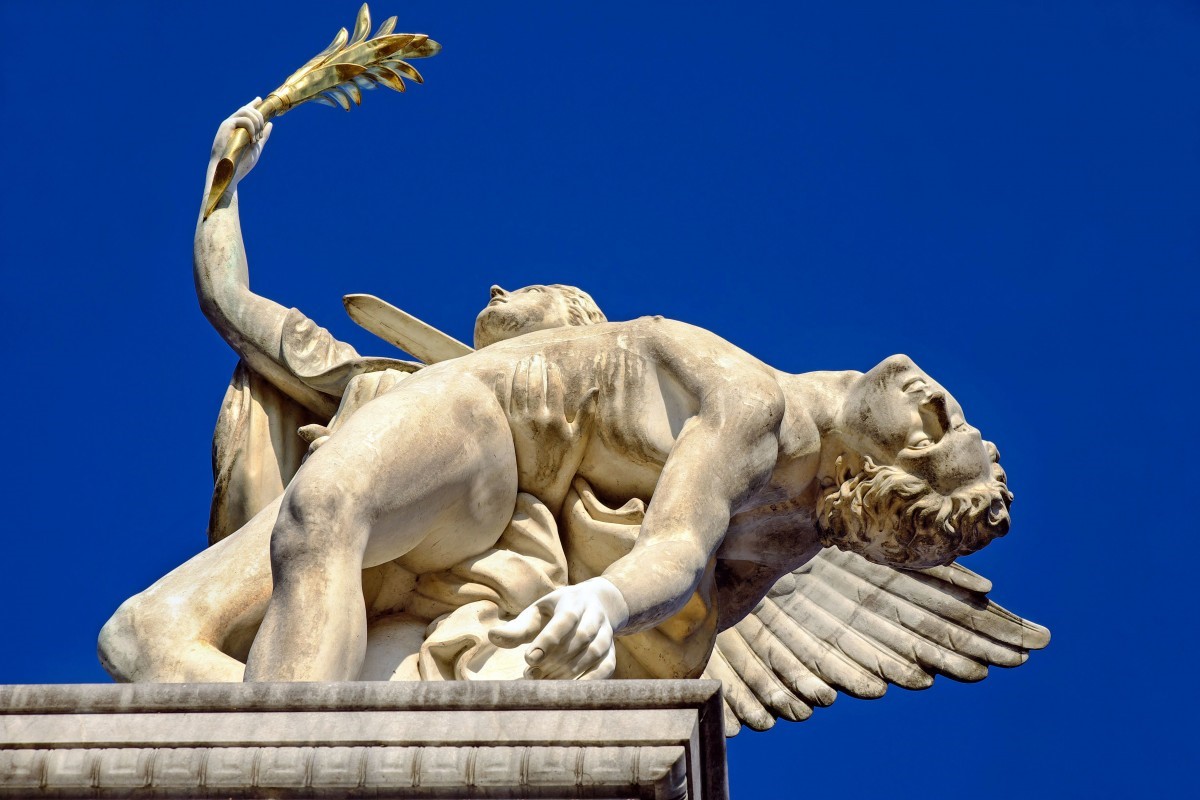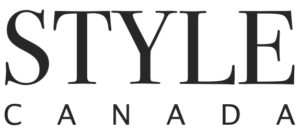It’s fair to say that Greek mythology has supplied the world with some of the greatest stories ever told. Despite being the mysteries and fables being set thousands of years in the past, their relevance today remains undimmed. Greek tales of myths and monsters, gods and heroes, gave us some of the narrative structures that define modern storytelling today. Even if you don’t know your Achilles from your Aristotle, you’ll still see the legacy in everything from Academic texts to Disney films.

Indeed, it is perhaps underestimated just how ‘useful’ the Greek myths are for storytelling today. We can point to so many forms of modern entertainment that rely either directly or indirectly on those myths. Most notably, movies and video games. You’ll also see the heroes and monsters appear in unexpected places. Playtech, for example, designed an interconnected world for its Age of the Gods online casino games, using stories based on Zeus, Athena, Hercules, King Midas, and many more to illuminate the gameplay. As we said, the strands of Greek mythology’s influence are everywhere.
But if you really want to immerse yourself in the legends of Ancient Greece – nothing beats a book. And below, we pick out five of the best:
1- Mythos – Stephen Fry
While it’s not a criticism, as such, one of the barriers to reading Greek mythology is that much of the writing is quite “dry”. By that, we mean it follows a “this happened, and then that happened” structure, and we don’t really get to know what the characters are thinking. No such drawbacks with Fry’s take on Ancient Greece, though, as he retells the myths by adding a big dash of personality to the works. Mythos is the first of a three-part series by the British broadcaster, and both the sequels – Heroes and Troy – should be on your reading list thereafter. But Mythos tells you how it all began, and it will provide you with the tools for contextualizing later myths. Also, a top tip: Fry narrates his own audiobooks, and his delivery is second to none. If you have the means, download the audiobook as a companion to your hard copy.
2- The Greek Myths – Robert Graves
For academics and those serious about Greek myths, this is probably the most famous tome. Originally published in 1955, The Greek Myths has become the standard bearer for the genre. The key to the work is the commentary and analysis provided by Graves, although not all purists agree with the theories put forward by the writer and poet. Still, it’s a masterful work, one that feels more alive due to being written by a poet and not a historian. This is a must-read if you are a writer who wants to understand the cogs and wheel of myth, and how they apply to storytelling.

3- The Trojan War: A New History – Barry Strauss
For many of us, the first introduction to Greek myth is the war in Troy. Indeed, Homer’s Iliad is a mainstay on many school syllabuses today. What Strauss does here, though, is separate the myth from the reality, and then put it all back together again. Scholars still argue about the Trojan war today. We know, of course, that there was a Troy, and we know there were battles. But Strauss dissects everything for us, while allowing us to make up our own minds in some of the particulars. Strauss does make this work accessible, but we would recommend that you read versions of the Iliad and Odyssey by Homer before diving in.
4- Young Zeus – G. Brian Karas
A change of pace here, as this work is squarely aimed at young children (four to eight-year-olds). A humorous, yet deceptively insightful, take on the creation myths, it tells the tale of how Zeus got into the business of becoming the King of the Gods. And Karas has plenty of fun explaining to the readers how that came to pass. Like any good Pixar movie, the attraction here is that adults can have a giggle alongside the kids. And dare we say it, once your child has finished with Young Zeus, they will be looking for more.
5- Women & Power: A Manifesto – Mary Beard
Earlier, we said that Greek myths still matter in the modern world, and it permeates more than entertainment – it infuses modern ideology. Here, Professor Mary Beard looks at how the myths have shaped our perceptions about women and how they can be used to form ideas of modern feminism. It’s probably the most academic tome on this list, but Beard has a way of crafting complex ideas and making them understandable for the reader. A unique work that holds up the idea of womanhood to the mirror of mythology, this is essential reading for anyone who wants to critique women’s role in society.

